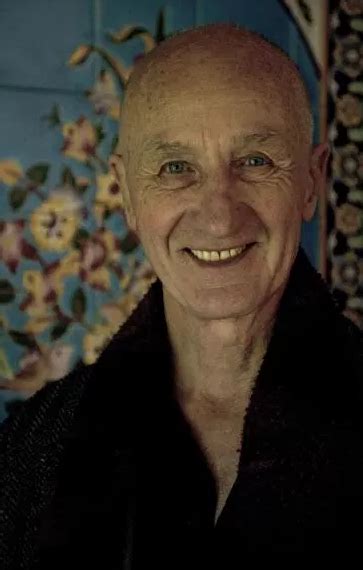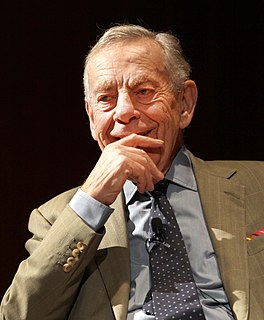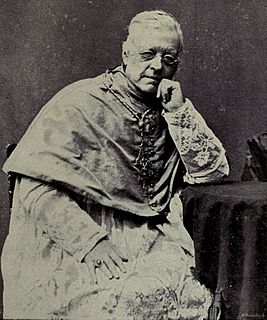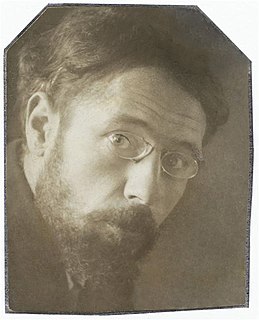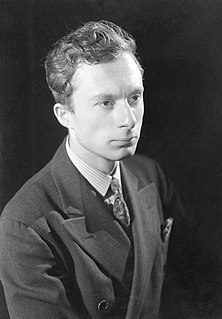A Quote by Roger Housden
The great French Impressionist painter Renoir, right at the end of his very long life, said to a friend, "I am just now learning to paint." Renoir carried his gift with a humility which realized how much he still had to learn. Anyone who goes deeply into a field in life and realizes this, gains a sense of proportion that can only make you humble.
Related Quotes
Manet wanted one day to paint my wife and children. Renoir was there. He took a canvas and began painting them, too. After a while, Manet took me aside and whispered, 'You're on very good terms with Renoir and take an interest in his future - do advise him to give up painting! You can see for yourself that it's not his metier at all.
Was his life nothing? Had he nothing to show, no work? He did not count his work, anyone could have done it. What had he known, but the long, marital embrace with his wife. Curious, that this was what his life amounted to! At any rate, it was something, it was eternal. He would say so to anybody, and be proud of it. He lay with his wife in his arms, and she was still his fulfillment, just the same as ever. And that was the be-all and the end-all. Yes, and he was proud of it.
The people who've done well within the [Hollywood] system are the people whose instincts, whose desires [are in natural alignement with those of the producers] - who want to make the kind of movies that producers want to produce. People who don't succeed - people who've had long, bad times; like [Jean] Renoir, for example, who I think was the best director, ever - are the people who didn't want to make the kind of pictures that producers want to make. Producers didn't want to make a Renoir picture, even if it was a success.
The least known among the virtues and also the most misunderstood is the virtue of humility. Yet, it is the very groundwork of Christianity. Humility is a grace of the soul that cannot be expressed in words and is only known by experience. It is an unspeakable treasure of God, and only can be called the gift of God. Learn, He said, not from angels, not from men, not from books; but learn from My presence, light, and action within you, that I am meek and humble of heart, and you shall find rest to your souls.
In the Life of Darwin by his son, there is related an incident of how the great naturalist once studied long as to just what a certain spore was. Finally he said, "It is this, for if it isn't, then what is it?" And all during his life he was never able to forget that he had been guilty of this unscientific attitude, for science is founded on certitude, not assumption.
It is not the right of property which is protected, but the right to property. Property, per se, has no rights; but the individual - the man - has three great rights, equally sacred from arbitrary interference: the right to his life, the right to his liberty, the right to his property The three rights are so bound together as to be essentially one right. To give a man his life but to deny him his liberty, is to take from him all that makes his life worth living. To give him his liberty but take from him the property which is the fruit and badge of his liberty is to still leave him a slave.
